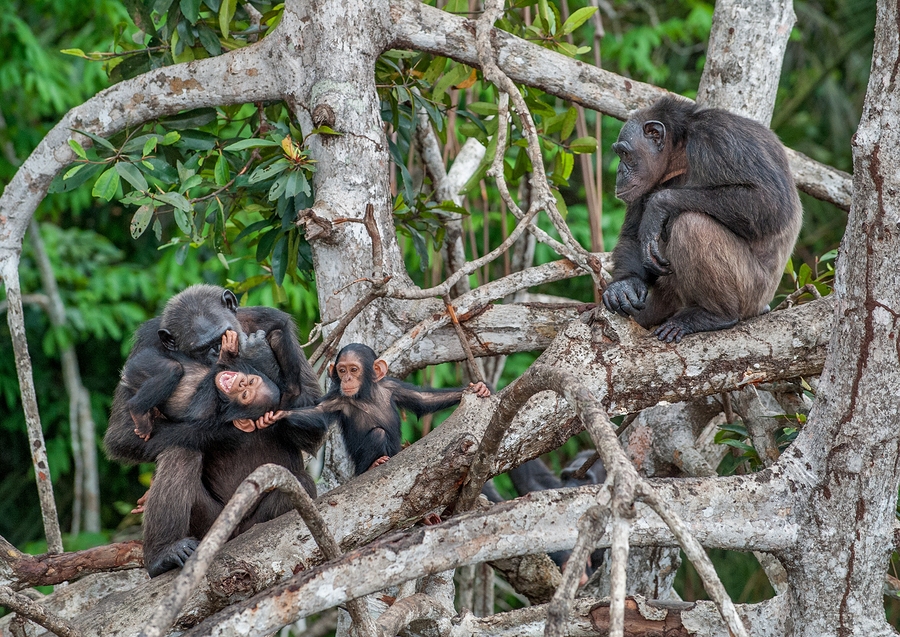The first week of May saw the National Institutes of Health say that it will no longer use chimpanzees for research (they began retiring chimps in 2013) and to date about 300 have left test facilities. Jane Goodall, who has visited research labs who use chimps, has called the news a “good step forward”. The Humane Society of the United States is also overjoyed and they and other animal welfare groups will work to find space for the animals.
In recent years, there’s been an increase in advocacy groups wanting to see the practice of using animals for invasive research end; especially in species (like primates, elephants, dolphins and whales) whose unusually high level of intelligence and self-awareness have been established by a growing body of scientific research.
However, not everyone is happy about the decision: some research advocates believe apes belong to a different ethical category and that allows for them to be used as test subjects. They argue if a new pathogen emerged, it would be necessary to have some animals on reserve (and they’ve set aside 50 animals to be on standby just in case they are needed for a public-health emergency). But in the US, we’ve reached the point where invasive research on chimpanzees is no longer needed.
From the Albany Daily Star:
“The similarities that led many scientists to see chimps as ideal human analogs – they are genetically and behaviorally similar but without legal rights – are exactly what drives many people to protest chimp research, and the underlying assumption that the apes belong to a different ethical category. Few sanctuaries can accept research chimps, and numerous ones that can-including Chimp Haven-are almost full.”
The chimps that are left will be transferred to Chimp Haven sanctuary in Louisiana- in a manner that is “ethically appropriate” (ensuring that certain social structures among the primates are kept intact during the move)- but there are only 25 spots open right now, so it could take years to get all 50 chimpanzees to their new home.
More from the Albany Daily Star:
“Chimps were vital in creating important medicines and paved astronauts’ way into space. But their use already had become rare in recent decades, even before a 2011 Institute of Medicine report said science had advanced to the point that most such research could no longer be justified. The NIH agreed, and began phasing out remaining use of the animals in invasive medical research. About 300 government-owned chimpanzees already had been sent to Chimp Haven, a federally approved sanctuary in Louisiana. Still others were awaiting space.”
Thankfully, in the summer of 2015, the U.S. Fish and Wildlife Service gave research chimps endangered-species status, which makes them even more difficult to use in medical studies. Anything is better than what was and we look forward to the day when these beautiful creatures won’t be used so cruelly and callously.
Source: Albany Daily Star












